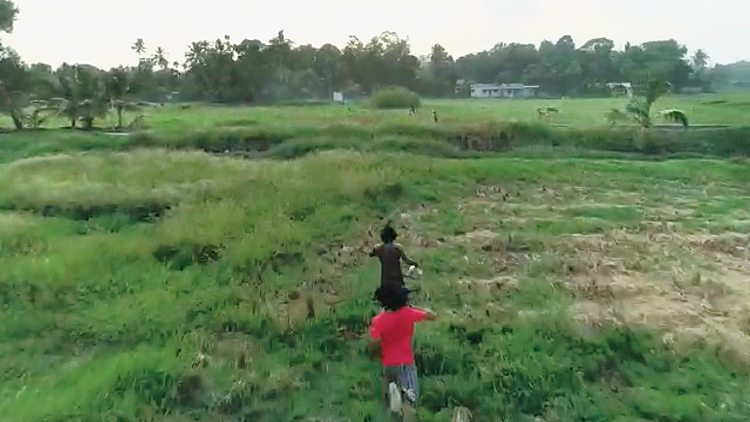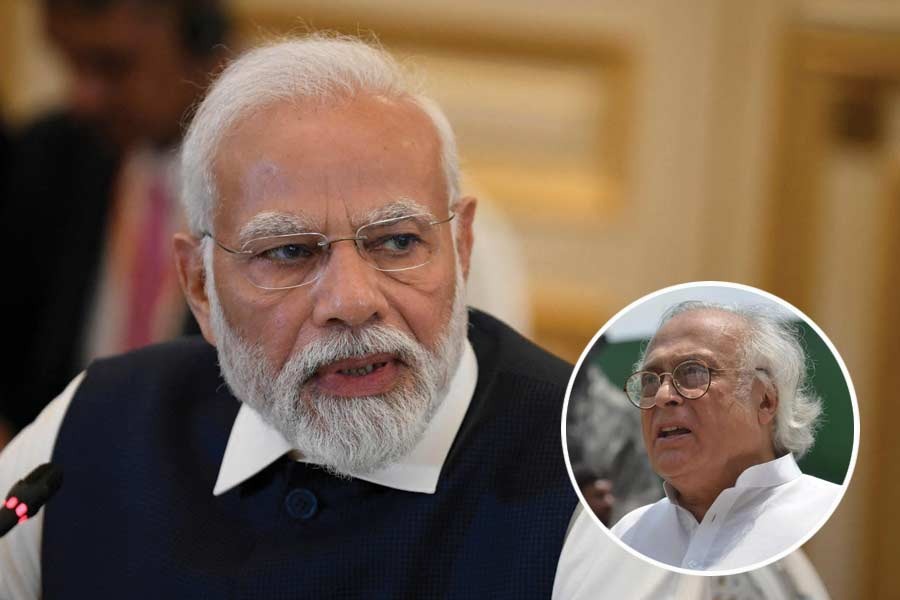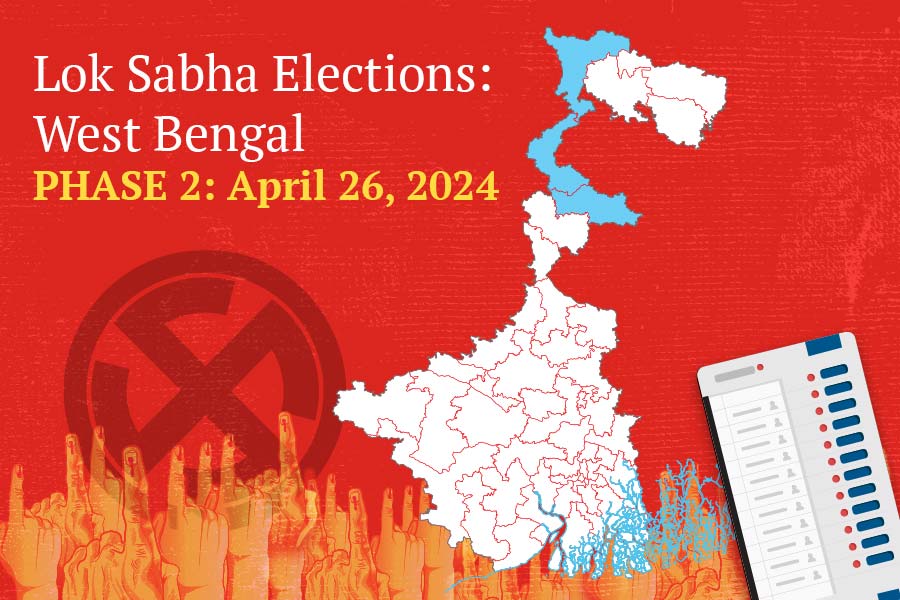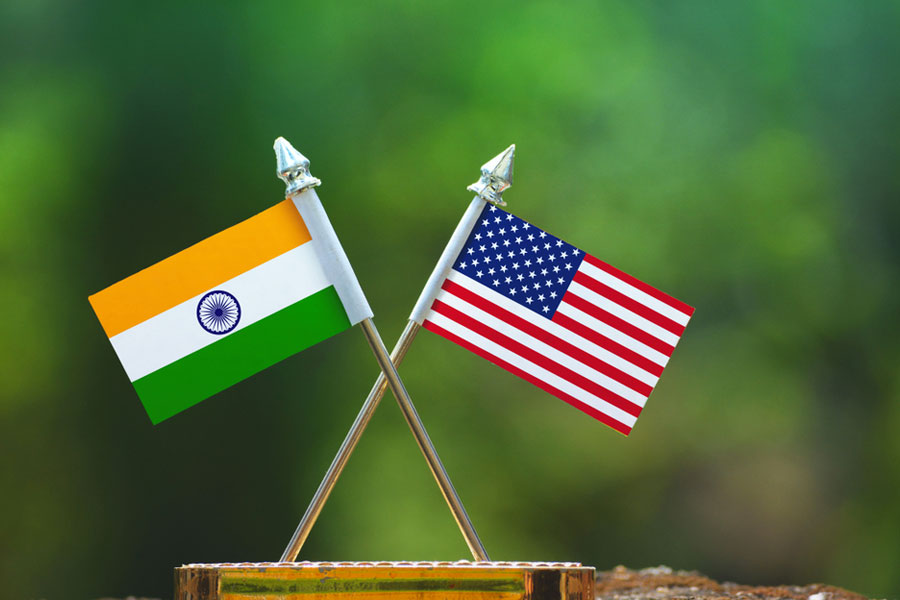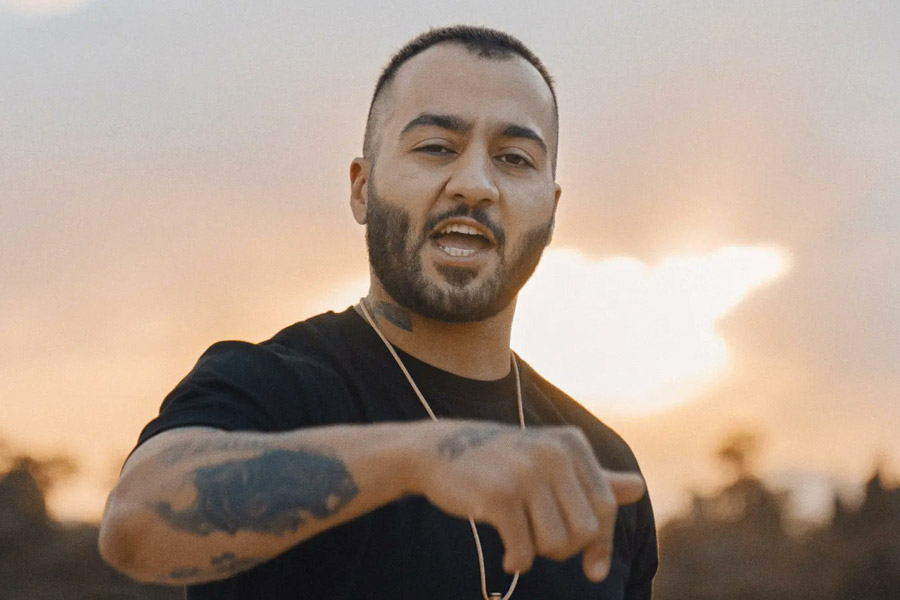They have been used to assassinate militants in West Asia and track Maoists in central India. Kerala is flying them to trace lockdown flouters.
For over a week, Kerala’s skies have been dotted with unmanned aerial vehicles or drones, watching out for social-distancing violations from gatherings to games of beach football.
What the police want is not to identify and prosecute the offenders but only to scare them into rushing back home. So, unlike the stealth UAVs of the US military, these small drones have been fitted out with sirens and flashing lights so the people below can’t miss them even after sunset.
Wireless technology has also been allowing the police to bark out instructions over speakers fitted onto the flying machines.
It had all begun with the Kerala police deploying their three high-performance quad copters — drones with four rotors — on lockdown watch.
“We had no issues patrolling the roads but there were some inaccessible areas, especially in the coastal zones, where small numbers were gathering in the evenings,” additional director-general of police Manoj Abraham told The Telegraph on Monday.
The move worked so well that the police have drafted in private players to build a network of 300 drones that now scan every corner of the state.
Apart from scaring the lockdown violators away, Abraham said, the remote-controlled drones have brought other benefits too: “It allows us (the police) to maintain social distancing (while patrolling).”
The Kerala Police Cyberdome, which Abraham heads, has been controlling the operation.
An ISO-certified public-private initiative, the Cyberdome is designed to meet the state’s cyber security needs.
The private drone operators who have joined the project are offering their services free. Normally they charge Rs 10,000 per 12 hours.
These private players are mostly freelance operators and members of the Professional Aerial Cinematographers Association. They rent out and operate their quad copters to shoot film scenes, TV serials, advertisements or even weddings from the sky.
Some of the videos shot by the drones that the police shared with this newspaper show people running helter-skelter once they see the drones approaching.
“The new (light and sound) contraption has turned out very effective since sirens and flashing lights are always associated with the police,” Abraham said.
The police-public relations team has posted a few of the videos on Facebook after adding funny dialogues from Malayalam movies and film songs that suit the mood.
S. Sajan, a private drone operator helping the police, said the drones had earlier been used to trace marooned people in flood-affected areas in the last couple of years, and to drop food packets and life jackets.
“But never before had we associated with the police on such a large scale,” he said.
He added: “These drones offer high-quality, 4k resolution visuals that give the police a clear picture of how many people have flouted the restrictions.”
The drones, usually a metre to a half-metre long and costing between Rs 2 lakh and Rs 10 lakh, can fly at a maximum altitude of 500 metres. But they can swoop as low as five or six feet from the ground to take close-range pictures.
One of their videos even picked up the number plate of a scooter whose rider had apparently abandoned it in a field while fleeing the scene.
Another video shows boys in football jerseys running away after sighting a drone while a man tries to hide behind a coconut tree.
Sajan said the drones can fly for 30 minutes to an hour at a stretch and have an operational range of 7km.
“So we accompany the police (road) patrol, stop at a place of their choosing and operate the drone according to their directions to detect anyone moving around,” he said.
“We are now operating drones across the state. This will continue as long as it takes,” Abraham said.

